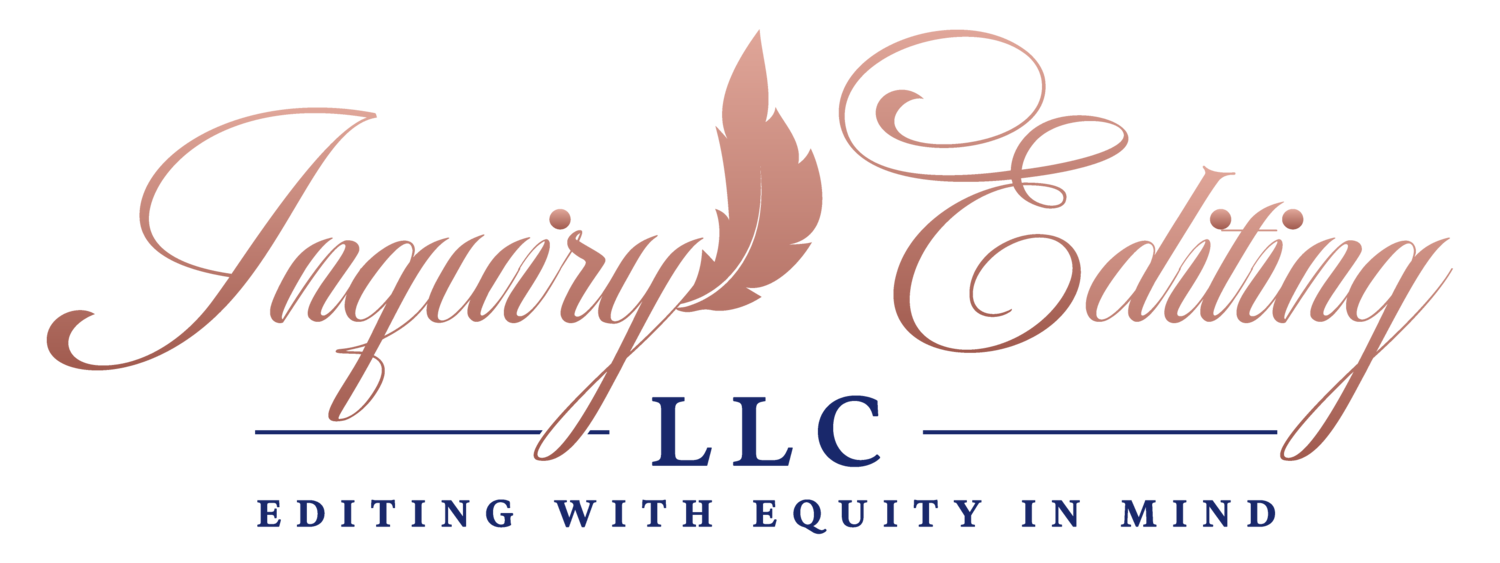What is Developmental Editing? When Do I Need Developmental Editing?
This is the basic definition of a developmental edit: In non-fiction, it is a revision of the manuscript with attention to big picture issues like argument, structure, organization, and through-line. In fiction, it is a revision of the manuscript with attention to big picture issues like storyline, plot development, consistency, and organization.
You might need developmental editing if you….
… want another perspective. If you’re tired of a manuscript and can’t seem to make heads or tails of it, you may need a developmental edit. It would allow you to understand a reader’s perspective and, with that person’s ideas and experience in mind, you could revise (literally, look again) with a new understanding.
… have forgotten the main point of your manuscript or you’re not sure of your argument. I see this a lot in scholarly writing. You have an idea that sparks the research, but when you sit to write, you have a bit of a mess. At this point, you know you don’t want to fix words and phrases, but you know you need help. You’re still at the beginning stage of writing and you want some help figuring out your ideas.
…don’t know the best way to organize your ideas. All writers spend a lot of time in their heads. That’s where the ideas live! But, when it comes down to figuring out how to get what makes perfect sense to us onto a paper, we can hit some walls. It often helps us to have someone else tell us how they’d like to be lead through an argument or a story.
… have exhausted the potential of your friends/family/pets as readers. It can be incredibly hard to read and critique a friend’s manuscript. This isn’t just because friends are nice to you. (Though that makes it difficult!) Often, this is a pragmatic issue: your friends have heard you talk about your ideas so much or, in the scholarly world, their work is similar to yours or you’ve had similar training. More to the point, your friends are on your wavelength. So, their critiques sometimes miss the bits that would stand out to a reader who doesn’t know you at all. Sometimes you can exhaust the good will of your friends, but you’re wary of strangers and using drafts to network. A professional developmental editor can provide an objective read and is obligated to protect your intellectual property. I fully commit to protecting my clients’ privacy and intellectual property as a rule.
You do NOT need a developmental editor if you…
…already worked out the big picture items. At that point, you may want an editor who helps you polish your manuscript. If you’re concerned about matters of syntax, paragraph structure, cadence/rhythm, and/or clarity, then you may want a line edit. If you are concerned about matters of punctuation, grammar, and/or citation style, then you want a copyedit. Sometimes people use these interchangeably, but they are two different tasks. At Inquiry Editing, LLC, I do offer line edits. But, I do not offer copyedits. That’s not my ministry. (I hope to have some recommendations for trusted copyeditors soon!)
… have not written anything. If you’re staring with a zero draft (that is, an idea or a brainstorm), then it will be difficult for me to help you. Zero drafts tend to have unformed ideas. While those are great (I have a lot of them myself), I firmly believe that I can best help an author who has a fairly complete draft. Sometimes a zero draft plus a developmental editor equals an exchange of ideas. I prefer to work with a draft to ensures that an author’s work is fully their own intellectual property. There are developmental editors who do coaching work and look at this kind of work. (I hope to have some recommendations for you soon!)
I hope this helps!
